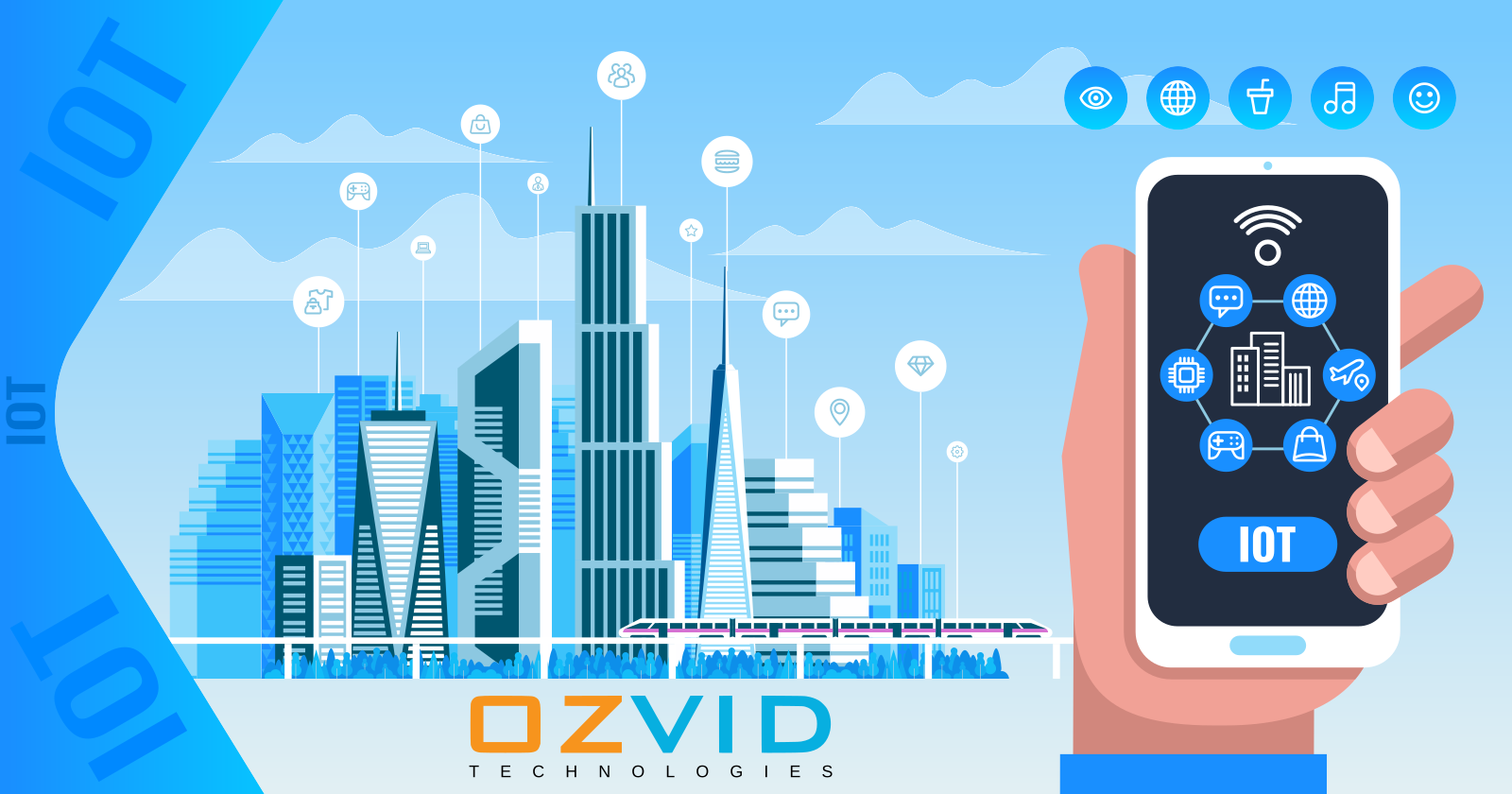What Is the Industrial Internet of Things?
There is hardly any person related to the world of technology who hasn't heard about the Internet of things. The technology is making a great buzz in the industry. When the capabilities of IoT are implemented in the industry, it becomes industrial IoT. This technology is the combination of various technologies like Big Data, Machine Learning, and Automation which have been dwelling in the industry for a long time. Industrial IoT facilitates a better work environment in the enterprise by interconnecting the information & operational department of the industry. It improves visibility, boosts operational efficiency, and reduces complexity in the work structure.
Evolution of Industrial IoT
In the year 1999, Kevin Ashton, co-founder of the Auto-ID (for Automatic Identification) Center at MIT brought the term “Internet of things" into the light. He defined IoT as a networking technology that could be used to link objects to the internet using the RFID tag. Later in the same year, the concept of connecting a device to another device was introduced. The technology, later on, was adopted by several electronic companies to make their products internet enabled. It slowly made its place in our personal lives by making our homes, mobile phones, watches, etc smart. IoT is now being used by enterprises to enhance the efficiency of their system. IoT enabled manufacturing plants are equipped with sensors and automated tools. It requires no human intervention to carry out the production. The same is the case with the IT industry. Mobile Websites and Mobile Applications are made IoT enabled to provide a better user experience.
Advantages of Industrial IoT
Industrial IoT has made the industry smarter. It has revolutionized every sector of the industry. The businesses are able to provide better customer experience, draw insights from customer behavior, market their products at the right places, and improve the production flow. In Brief, the advantages of IIoT can be listed as follows.
- Predictive & Proactive maintenance
- Real-Time Monitoring
- Asset/Resource Optimization
- Remote Diagnosis
You can also read about the Impact of IoT on Businesses
Drivers of Industrial IoT
- Technology: Technologies like Smart Sensors, Machine Learning, Robotics, Automation, Augmented & Virtual Reality, etc are the major drivers of the Industrial IoT. For industries to deploy IoT in their system, they need to implement a set of other technologies to facilitate a smooth operation.
- Customer Behavior: The precision that Industrial IoT induces in the development or production fosters better customer satisfaction. It adds value to the services provided by the firm and helps in retaining the existing customers along with expanding the customer base.
- Macro-Economic Drivers: Government policies like Industry 4.0, Smart Factories, Make In India, Support of Green initiatives, Rising Energy & crude oil prices, Favorable FDI policies, Policies by regulatory bodies, etc. play a major role in the advancement and establishment of this technology and works totally in favor of the IIoT evolution.
Know How to Handle Major IoT Security Challenges.
Wrapping Up
The Industrial IoT has become an important asset for the manufacturing units as it enables them to provide better customer experience and improves the cost-efficiency of their internal operations. With the help of IoT, various segments of a production line can communicate with each other in near real-time. It makes the entire manufacturing process much easier to monitor and control. If you are thinking to employ IoT into your workplace, then you can rely on OZVID Technologies to provide you with the most efficient and cohesive IoT application solutions. You can contact us for more details.






















































Share this post on: